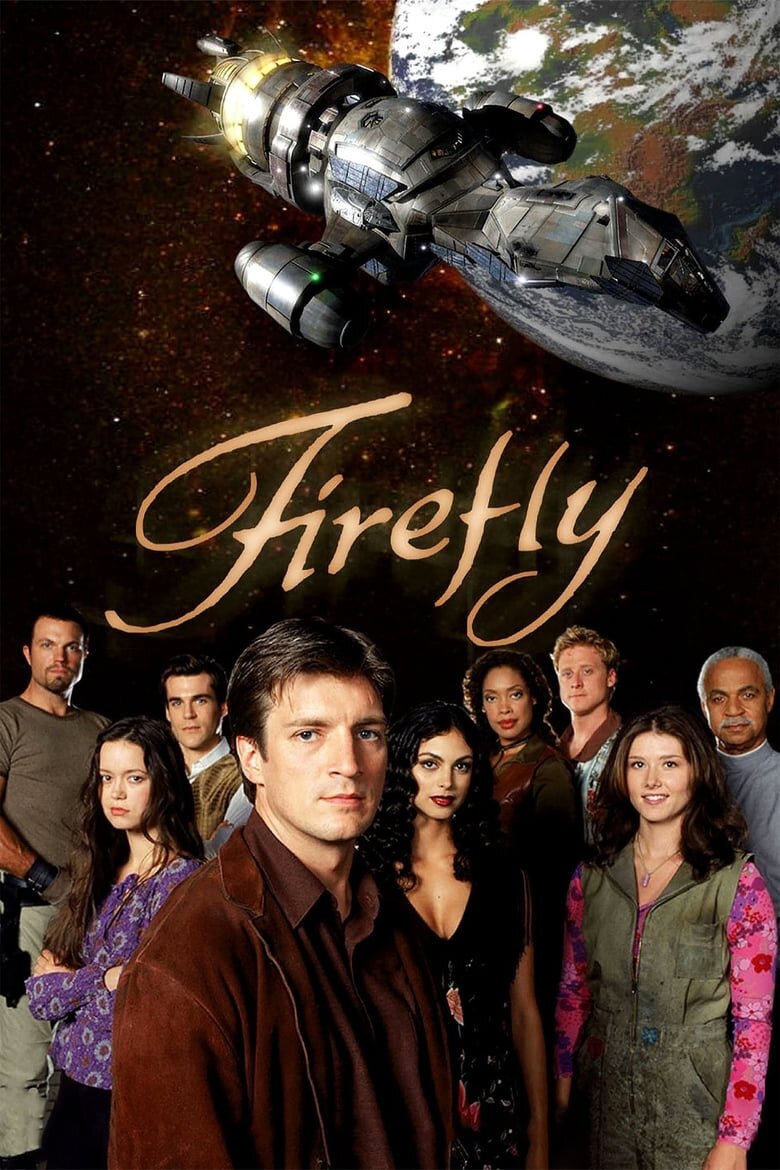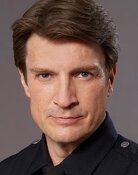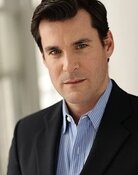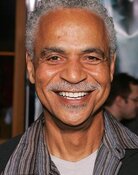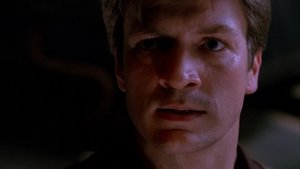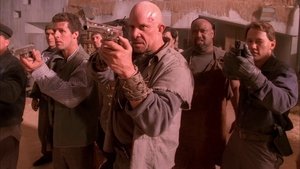Sheriff Bourne: "You were truthful back in town. These are tough times. A man can get a job. He might not look too close at what that job is. But a man learns all the details of a situation like ours... well... then he has a choice."
Mal: "I don't believe he does."
When you hear what
The Train Job had to pull off, you have to give it a little respect right out of the gate. This episode isn’t just tasked with setting up the world and characters for
Firefly newcomers; it also has to pretend it’s the second chapter for people who already watched the original pilot. Oh, and it needs to be action-packed enough to keep the TV executives happy, while still delivering something resembling coherent pacing. Basically, it’s running a three-legged race with one leg tied behind its back.
Here’s the quick history lesson: after Joss Whedon and Tim Minear delivered the original two-hour pilot (
Serenity), Fox executives decided it was too slow, too character-driven, too not-blowy-uppy-enough. So they handed the writers a weekend (yes, a
weekend) to bash out a new first episode that was faster, louder, and more immediately exciting. Enter
The Train Job — a patched-together, high-wire act of a script that somehow manages not to collapse under its own weight.
And honestly? Whedon and company pulled off a minor miracle. The episode moves at a breezy clip without completely sacrificing character beats. We see Simon fretting over River’s fragile state, their sibling relationship as protective brother and mentally frail little sister touched upon. We see Kaylee’s wide-eyed optimism clash with the harshness of frontier life, her quirkiness getting in the way of the daily routines. Jayne grumbles about the chain of command the way only a dumb brute with a dictionary could, albeit showing more restraint in his misogyny this time. Book cleverly nudges at moral questions towards Mal without sermonizing. Even Inara gets a moment to turn her supposed "respectability" into a weapon, refreshingly showing that she doesn't need to be protected like a porcelain doll despite her career attracting the unsavory type.
Other specific beats get squeezed back in delicately. River's instability is shown in snatches of dreamy babble rather than exposition dumps, hinting at the story coming ahead. Mal and Zoe’s unshakable bond is reasserted without belaboring it — a few nods, a few glances. It’s efficient, even if it’s not as elegant as what
Serenity gave us with more breathing room.
Mal, in particular, comes into sharper focus here. River describes that his nickname stands for "bad" in Latin, therefore planting the seed for this episode’s central question: what
kind of bad is Mal? Our roguish adventurer's a thief, sure. He picks fights in bars, double-crosses employers, and shrugs off violence like it’s morning coffee. But when he sees the actual consequences of his actions — when he stares down the moral price of a job — it’s clear he’s a man who’s decided a long time ago which side of bad he’s willing to stand on. He’s not evil by the standards of common morality; he’s evil by the standards of the Alliance, more of a rebel, a stubborn, battered relic of a war he lost, still clinging to his own homemade code of ethics.
The newly introduced "Big Bad" of the hour, Adelei Niska, is another story. You can almost hear the Fox notes screaming: “We need a villain! Give us a villain!” So Whedon hands over a creepy old man with a cane, a thick accent, and a penchant for dramatic torture. He’s fine, in the Saturday morning cartoon villain sense, but he doesn’t feel layered. Niska’s brutality is effective, sure, but he lacks the nuance that
Firefly’s better antagonists would later show. He’s more "generic evil grandpa" than a real thematic foil to Mal.
Granted, some of the reintroduction work does feel clunky, especially in the first twenty minutes. Characters re-explain motivations and histories like they’re trying to cram for a pop quiz. It’s unnatural, but given the impossible studio mandate, you can practically see the duct tape holding the dialogue together.
As for the genre mix,
The Train Job still juggles sci-fi and Western aesthetics decently, though it leans a little heavier on the Western side this time. The balance isn't as elegant as
Serenity's haunting sci-fi escape sequences from the Reavers, but the show's DNA is unmistakable. Mal getting hurled through a holographic bar window tells you everything you need to know about
Firefly: this may look like a classic frontier town, but space-age weirdness lurks under every plank.
Some viewers have latched onto the show’s libertarian leanings — and sure, if you want to dig, there’s fuel for that fire. Personally? As a non-American, the libertarian or Civil War undertones didn’t jump out at me. What stood out was Mal’s bone-deep mistrust of authority, especially in a post-9/11 TV landscape where government trust was already a very touchy subject (with this episode airing in September 2002). How much of that you read into the text probably depends on the baggage you bring with you.
One more thing: if you’re the type who likes picking apart
Firefly’s meatier themes, go check out Passion of the Nerd on YouTube. His companion videos are a rare beast — smart, insightful, and, blessedly, usually under twenty minutes. You’ll find more about existentialism, rebellion, and Whedon’s philosophical fingerprints than you ever realized you needed.
Bottom line:
The Train Job is still a solid pilot. It's an impressive salvage job that covers an insane number of bases with surprising grace. With the awkward introductions mostly out of the way,
Firefly can finally start aiming for the deeper, richer storytelling it was born to deliver — if only for a little while.
